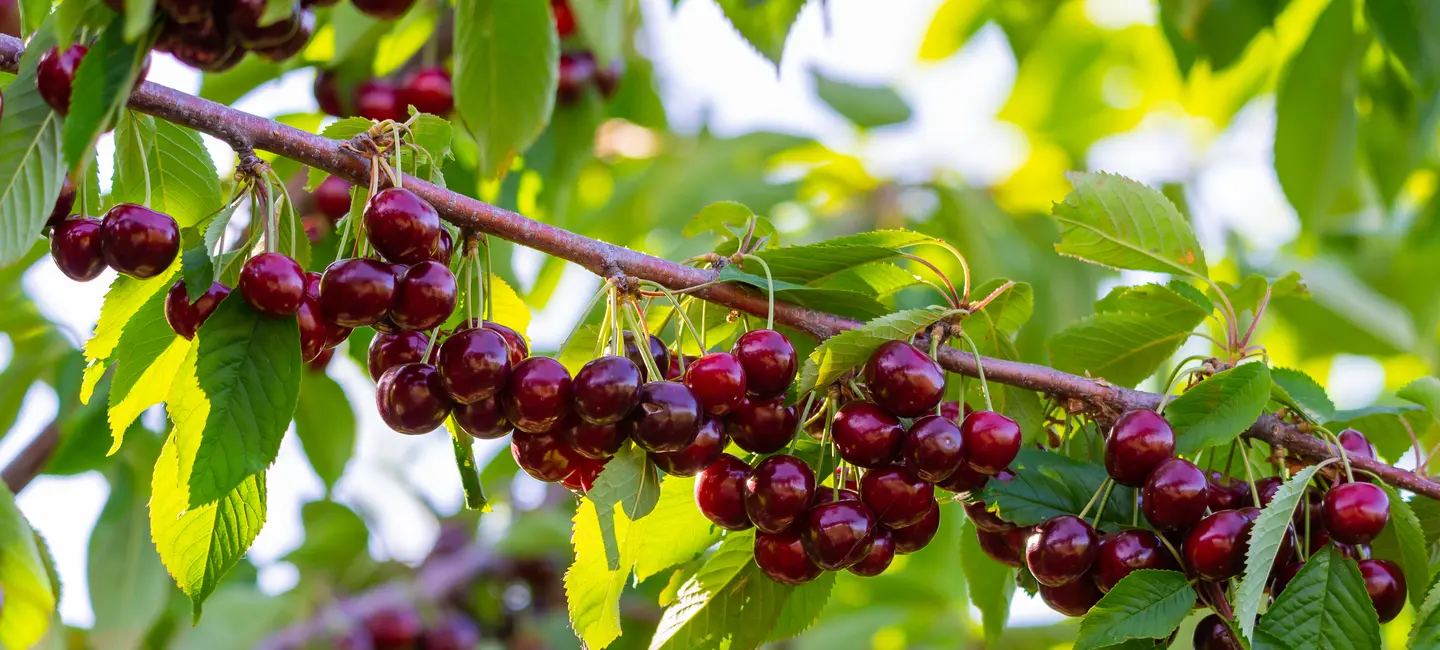
Tart cherry (Prunus cerasus), also commonly called tart cherry, is a fruit. The Montmorency tart cherry is the most popular type grown in the U.S.
Tart cherry fruit contains chemicals that might reduce swelling and act as antioxidants. Some tart cherry products are marketed for specific health purposes, but up to 97% of tart cherries grown are used in cooking and baking.
People commonly use tart cherry for muscle soreness after exercise, improving athletic performance, high blood pressure, and other purposes, but there is no good scientific evidence to support most of these uses.
Is It Effective?
NatMed Pro rates effectiveness based on scientific evidence according to the following scale: Effective, Likely Effective, Possibly Effective, Possibly Ineffective, Likely Ineffective, Ineffective, and Insufficient Evidence to Rate.
- Athletic performance. Taking tart cherry by mouth might somewhat improve muscle strength and endurance.
There is interest in using tart cherry for a number of other purposes, but there isn't enough reliable information to say whether it might be helpful.
Is it Safe?
When taken by mouth: Tart cherry fruit and fruit juice are commonly consumed in foods. Tart cherry fruit extract or powder is possibly safe when taken short-term. Some people might have diarrhea after taking tart cherry products. There isn't enough information to know if tart cherry stems are safe or what the side effects might be.
Special Precautions & Warnings:
Pregnancy and breast-feeding: Tart cherry fruit is commonly consumed in foods. There isn't enough reliable information to know if medicinal amounts of tart cherry fruit or stems are safe. Stay on the safe side and stick to tart cherry fruit in food amounts.
It is not known if Tart Cherry interacts with any medicines. Before taking Tart Cherry, talk with your healthcare professional if you take any medications.
There are no known interactions with herbs and supplements.
There are no known interactions with foods.
Tart cherry is available in many different forms, including the whole fruit, juice, juice concentrate, powder, and extract. Tart cherry juice is commonly consumed by adults in doses of 240-480 mL by mouth daily. Speak with a healthcare provider to find out what type of product and dose might be best for a specific condition.
Albaluk, Alubalu, Cerasus vulgaris, Cerezo Acido, Cerise, Cerise à Tarte, Cerise Acide, Cerise Acide Rouge, Cerise Aigre, Cerise de Montmorency, Cerise Rouge, Cerisier Acide, Cerisier Aigre, Dwarf Cherry, English Morello, Gilas, Ginjeira, Griotte de Champagne, Griottier, Griottier Acide, Guinda, Guinda Acida, Guindo, Montmorency Cherry, Morello Cherry, Olchi, Pie Cherry, Prunus cerasus, Prunus vulgaris, Red Cherry, Red Sour Cherry, Richmond, Sauerkirsche, Sauerkirschenbaum, Sour Cherry.
Information on this website is for informational use only and is not intended to replace professional medical advice, diagnosis, or treatment. While evidence-based, it is not guaranteed to be error-free and is not intended to meet any particular user’s needs or requirements or to cover all possible uses, safety concerns, interactions, outcomes, or adverse effects. Always check with your doctor or other medical professional before making healthcare decisions (including taking any medication) and do not delay or disregard seeking medical advice or treatment based on any information displayed on this website.
© TRC Healthcare 2024. All rights reserved. Use and/or distribution is permitted only pursuant to a valid license or other permission from TRC Healthcare.
